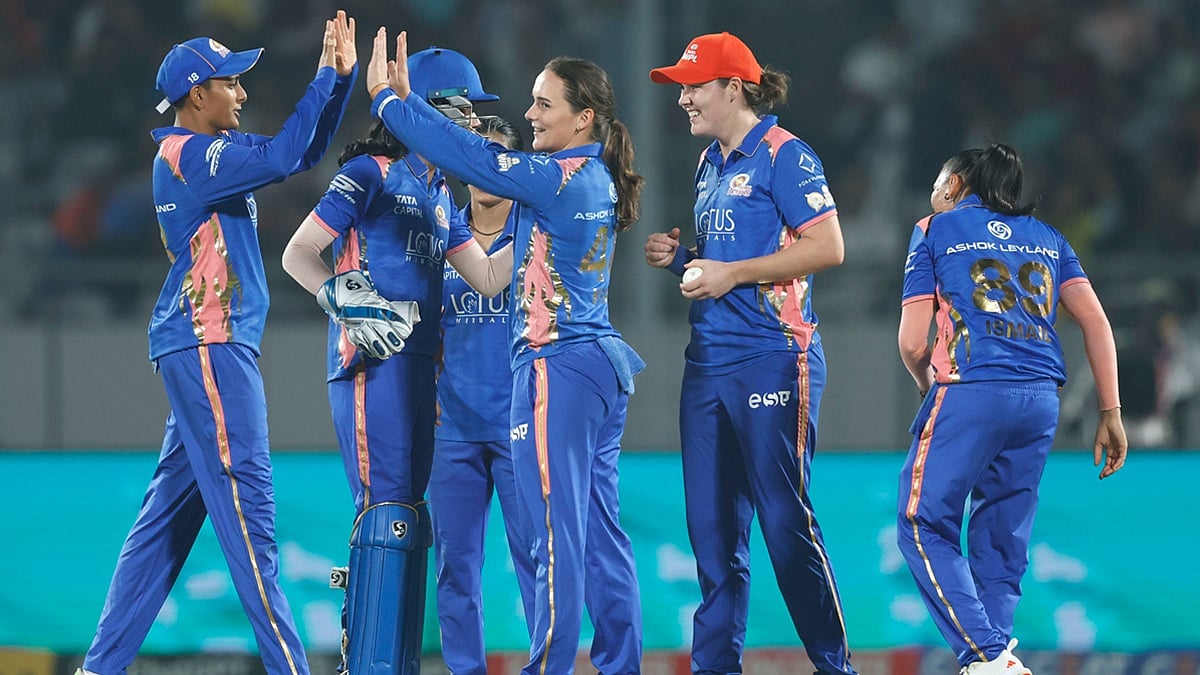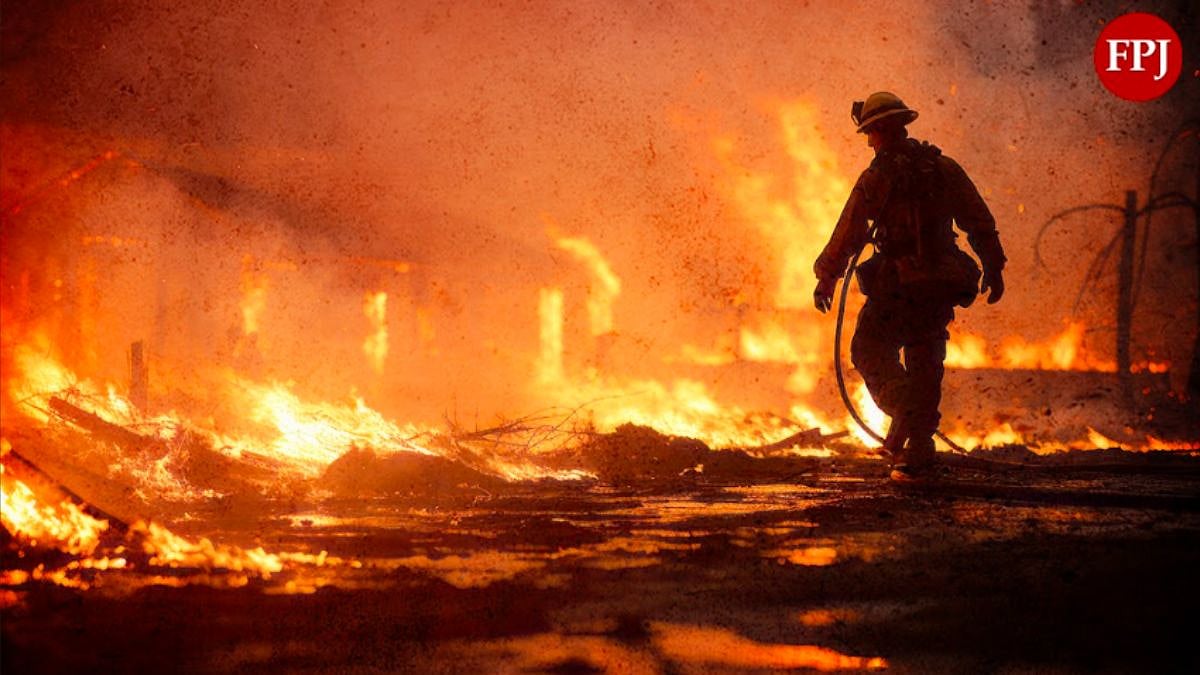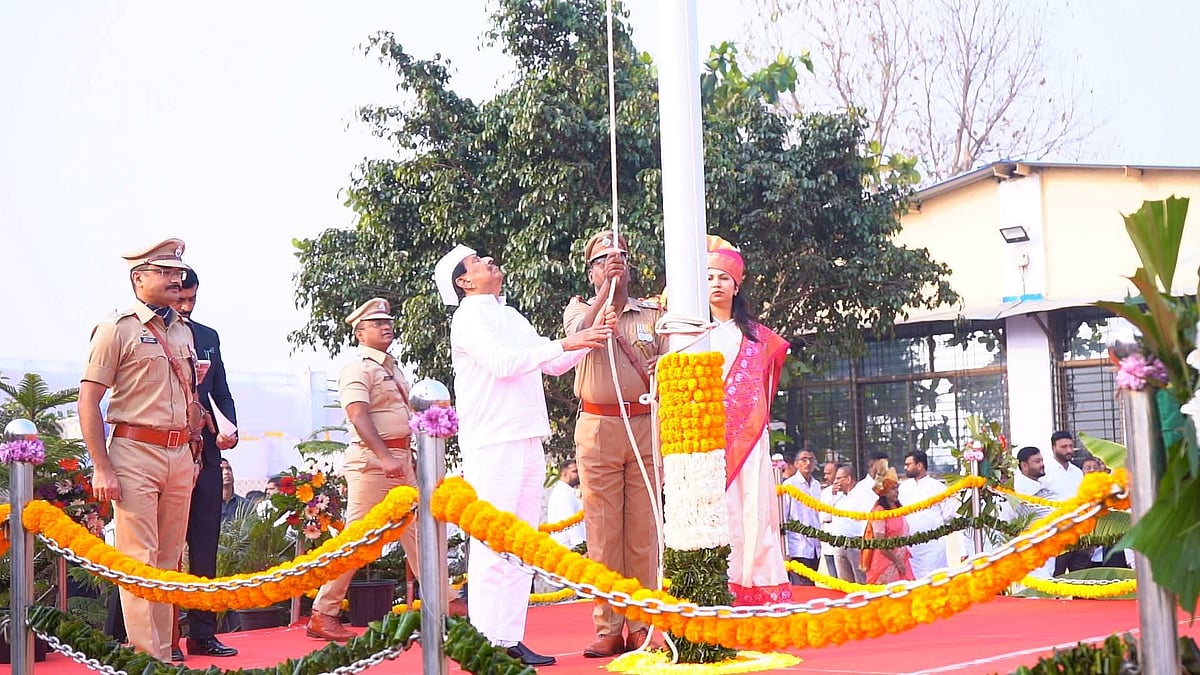If a bought product turns out to be defective, causing harm to a person or property, whom should we hold liable for paying compensation – manufacturer or seller or the service provider?
Sheetal Deshpande, Pune
This question seems to be a little vague, as I have no idea of the product you are talking about. Interestingly, fixing product liability is an important topic from the consumers’ perspective. Sometimes it is very confusing when it comes to fixing product liability. We have to take into account three participants – manufacturer, service provider and the seller. There are incidents of harm caused not because of the manufacturing defect, but because of something done while giving a service. Let me illustrate this with a few examples.
(a) At a car servicing centre, while checking the air in the tyre, they fill more (than specified) air, which results in tyre burst, causing casualties. Here, only the service provider is responsible.
(b) In the LPG cylinder, the gas filled is more than the specifications, resulting in non-ignition of the gas stove. As there is no adequate pressure for the liquid in the cylinder to turn into gaseous form, it can release a few droplets along with the gas, causing the flame to extinguish. The service centre sends a mechanic, who after diagnosing the problem correctly, releases the gas from the cylinder in the kitchen itself. After waiting for 10-15 minutes, he switches on the gas to check and, within a fraction of a second, the whole house along with the technician is engulfed by flames. In this case, both are guilty – the manufacturer (for filling in more than specified gas) as well as the service provider (for releasing excess).
To overcome this problem, the Consumer Protection Act (CPA) has fixed the product liability. Sections 84, 85 and 86 of the CPA defines the conditions where manufacturer, service provider and the seller shall be held liable.
We had booked a week-long tour through a reputed travel agency and paid for the flight ticket bookings nearly 60 days in advance. Three days prior to the departure, we were told that the airline had suspended its flights. Therefore, we had to purchase tickets afresh at a much higher cost. Though we had made the initial payment to the tour operator, he is refusing to refund. He said he will give the refund as and when the airline gives it to him. Is it a fair trade practice?
MR Srinivasan, Mumbai
While it may seem unfair that the tour operator is penalising you for a situation that is out of your control, it is essential to review the terms and conditions of your agreement. If the agreement states that refunds are subject to receiving refunds from the airline, then the tour operator is acting within the agreed terms. The Supreme Court in the case of Pravasi Legal had directed the airlines to give full refund to the consumers for the cancelled flights due to Covid. But this order is limited only to the flights cancelled during the pandemic.
You can reach out to the National Consumer Helpline on toll-free number 1800-11-4000 or 1915 or by sending SMS on 8130009809. Alternatively, you can move the District Consumer Disputes Redressal Commission.
(Dr Archana Sabnis is an expert on consumer laws who is practising at consumer disputes redressal fora at district, state and national levels since 2000. She is on the panel of conciliators of MahaRERA and is associated with the Mumbai Grahak Panchayat.)








